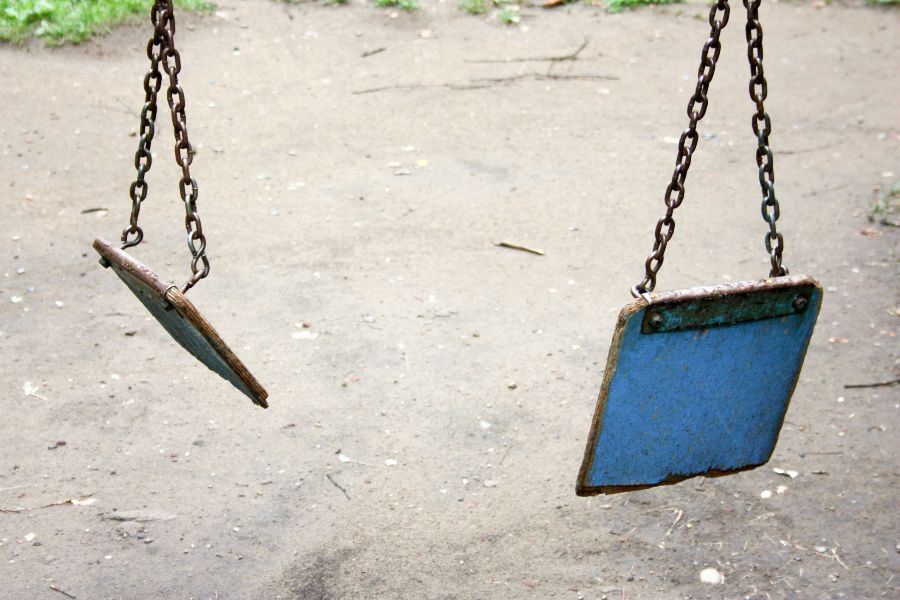
How has the Limitation (Childhood Abuse) (Scotland) Act changed the landscape for abuse survivors?

When the Limitation (Childhood Abuse) (Scotland) Act came into force late in 2017, the three year time limit in which abuse victims could pursue a damages claim was lifted. The new law applies to anyone who suffered abuse on or after 26 September 1964 and allows a claim for damages to be advanced by anyone who was a child under 18 and suffered sexual, physical or emotional abuse.
The erosion of the three year time bar came about as a result of years of campaigning by survivors. While the pursuit of compensation may not be the right road for all survivors, it is estimated that over 2,000 victims of abuse are positively affected by this change in the law and many are already seeking redress from their abusers.
The Act itself provides a wide definition of “abuse”. Abuse includes sexual abuse, physical abuse, neglect and emotional abuse. It is now widely accepted that the previous three year time limit for such cases was completely unrealistic and failed a generation of abused children.
It must be remembered however that the change in the legal time limit does not constitute a green light for those seeking a legal remedy. The victim still requires to prove ‘on balance of probabilities’ that the abuse occurred. Inevitably there will be evidential hurdles, simply because of the passage of time. Important witnesses may be difficult to trace or may have died. Regularly, there will have been no Police Inquiry or conviction. Recovering historical records from an institution or a Local Authority can be a struggle and some important records may have been destroyed. Significant entries may appear in the records of another member of the victim’s family, instead of within their own records. In some instances, the abuser is an individual with no insurance and there is no association or employer against whom fault can be directed.
In short, claiming damages for historical abuse brings with it a number of difficulties. But these problems always existed in such claims. The major difference now is that, where defenders could usually successfully argue a time bar defence, that is no longer the case.
Studies have established that abuse has a silencing effect on an individual. It can take decades to speak to single soul about it. This legal change recognises that and provides potential opportunities for redress to thousands previously facing a closed door.
If you would like to speak in entire confidence to one of our very experienced solicitors on the issues raised in this article, please get in touch with us.
Email Julie Harris
Call our personal injury claims team free on 0808 560 0872
Arrange a callback by using our enquiry form
Share this page
- Personal injury claims
- Our personal injury team
- How to make a personal injury compensation claim
- How to choose a personal injury solicitor
- Claim now
- Personal injury claim calculator
- How claims are valued
- Frequently asked questions
- Types of personal injury claim
- How to sue someone in the Scottish courts
- Recent successes
- Testimonials
- Injury Compensation Alliance

